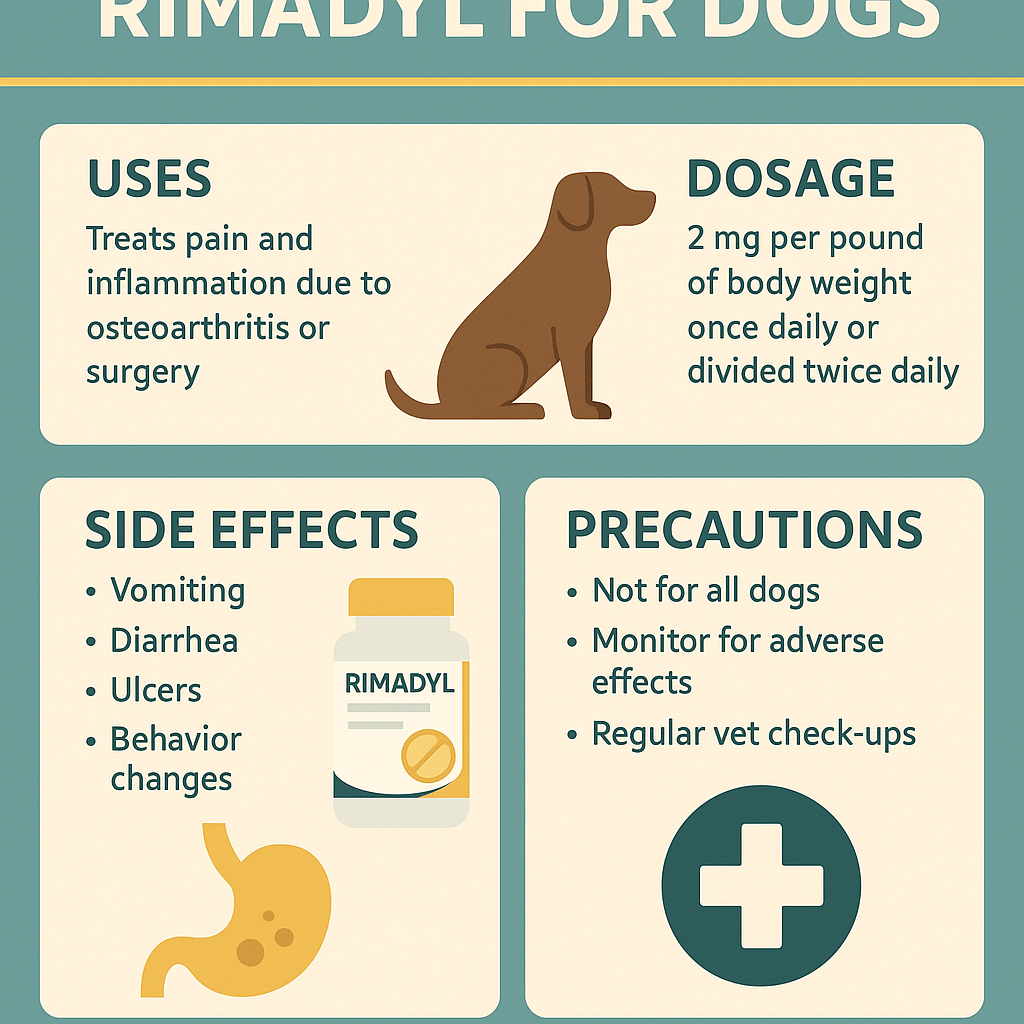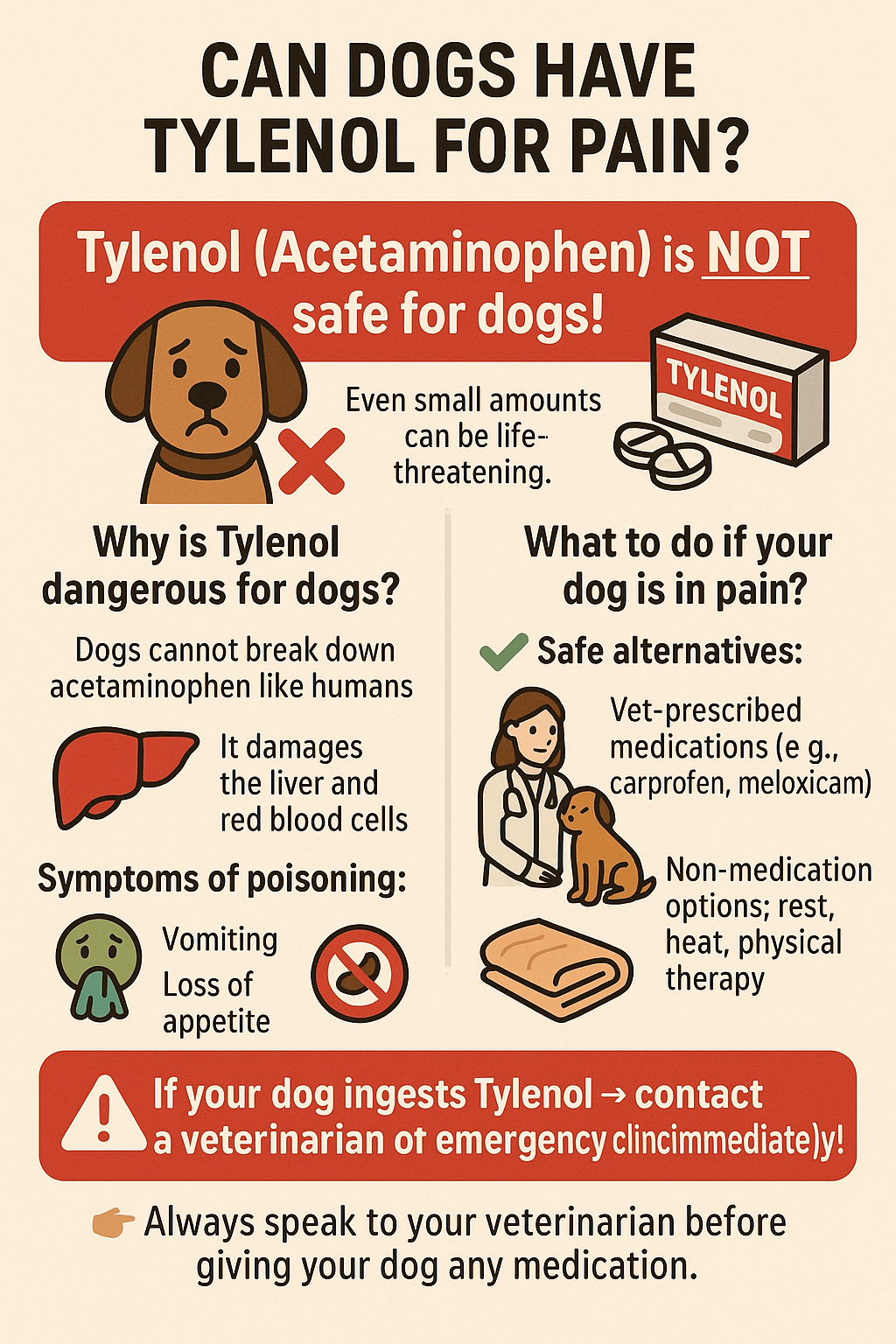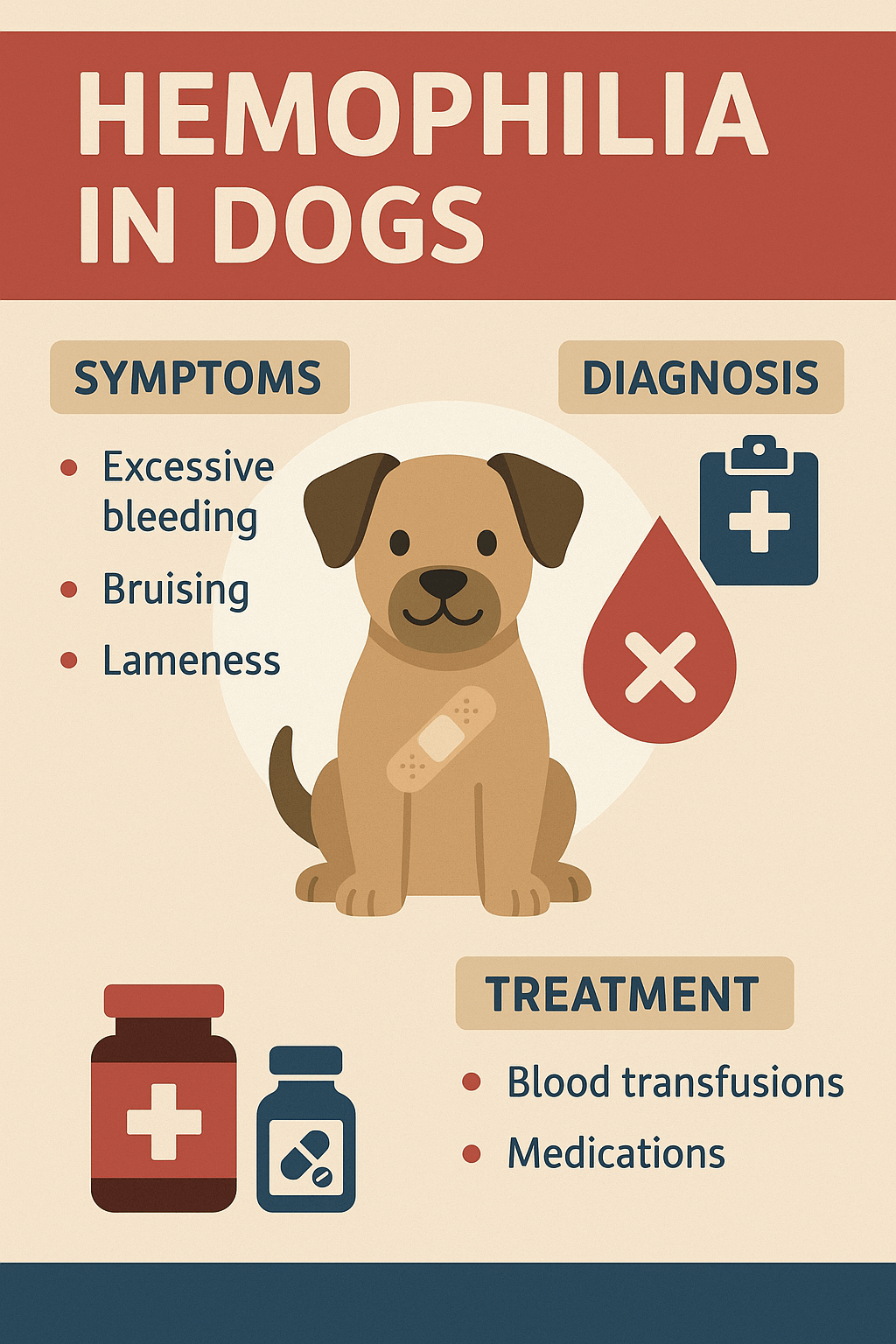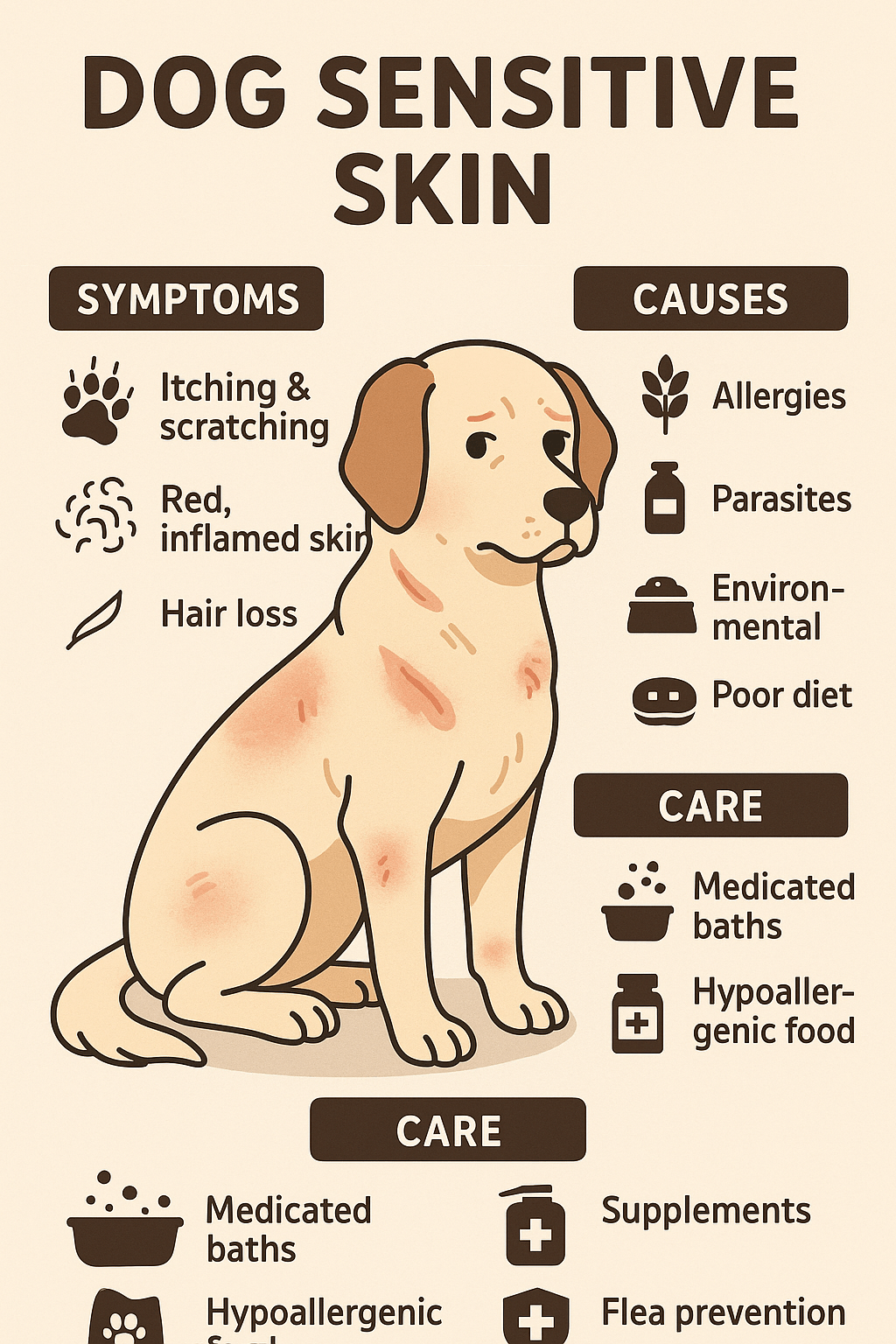The Healthiest Dog Chews for Your Furry Friend
When it comes to keeping your dog happy and healthy, choosing the right chews is essential. Not only do dog chews provide mental stimulation and satisfy your pup’s natural urge to chew, but they can also support dental health and overall well-being. However, not all chews are created equal—some are packed with unhealthy ingredients, while others may pose choking hazards or digestive risks. Finding the healthiest options ensures your dog enjoys their treat safely and benefits from it too. In this blog post, we’ll explore the best dog chews available, their advantages, and tips for selecting the right ones for your canine companion.
Top Healthiest Dog Chews for Every Need
With so many options on the market, it’s important to know which chews are both safe and nutritious for your dog. Here are some of the healthiest dog chews that cater to different needs and preferences.
Bully Sticks:
Made from dried beef muscle, bully sticks are high in protein, fully digestible, and perfect for dogs who love a tough chew.Dehydrated Sweet Potato Chews:
These chews are rich in fiber and vitamins, making them a great option for dogs with sensitive stomachs or dietary restrictions.Antlers:
Naturally shed antlers are long-lasting, mineral-rich, and great for aggressive chewers without the risk of splintering.Dental Chews:
Specially formulated dental chews help reduce plaque and tartar buildup, promoting better oral hygiene while satisfying your dog’s chewing instinct.Freeze-Dried Chicken Feet:
Packed with collagen and glucosamine, these chews support joint health and are soft enough for puppies or senior dogs.
These chews offer a variety of benefits, ensuring there’s something for every dog’s size, age, and dietary needs.
Benefits of Choosing Healthy Dog Chews
Providing your dog with nutritious chews goes beyond just keeping them entertained. Here are some key benefits of opting for the healthiest options available.
Improved Dental Health:
Chewing helps scrape away plaque and tartar, reducing the risk of gum disease and bad breath.Mental Stimulation:
Chewing is a natural behavior that keeps your dog mentally engaged and reduces boredom-related behaviors like chewing on furniture.Nutritional Support:
Many healthy chews are rich in vitamins, minerals, and proteins that contribute to your dog’s overall health.Digestive Health:
Fully digestible chews minimize the risk of blockages and promote a healthy gut, especially for dogs with sensitive stomachs.Long-Lasting Entertainment:
Tough, durable chews keep your dog occupied for hours, making them ideal for busy pet parents or high-energy pups.
By choosing high-quality chews, you’re investing in both your dog’s physical and emotional well-being.
Check this guide 👉Dog Chewed Tail Raw Treatment: Best 7 Expert Tips!
Check this guide 👉Why Is My Dog Chewing Their Paws? Best 7 Expert Tips!
Check this guide 👉Why Does My Dog Chew on Rocks? Best 7 Expert Tips!
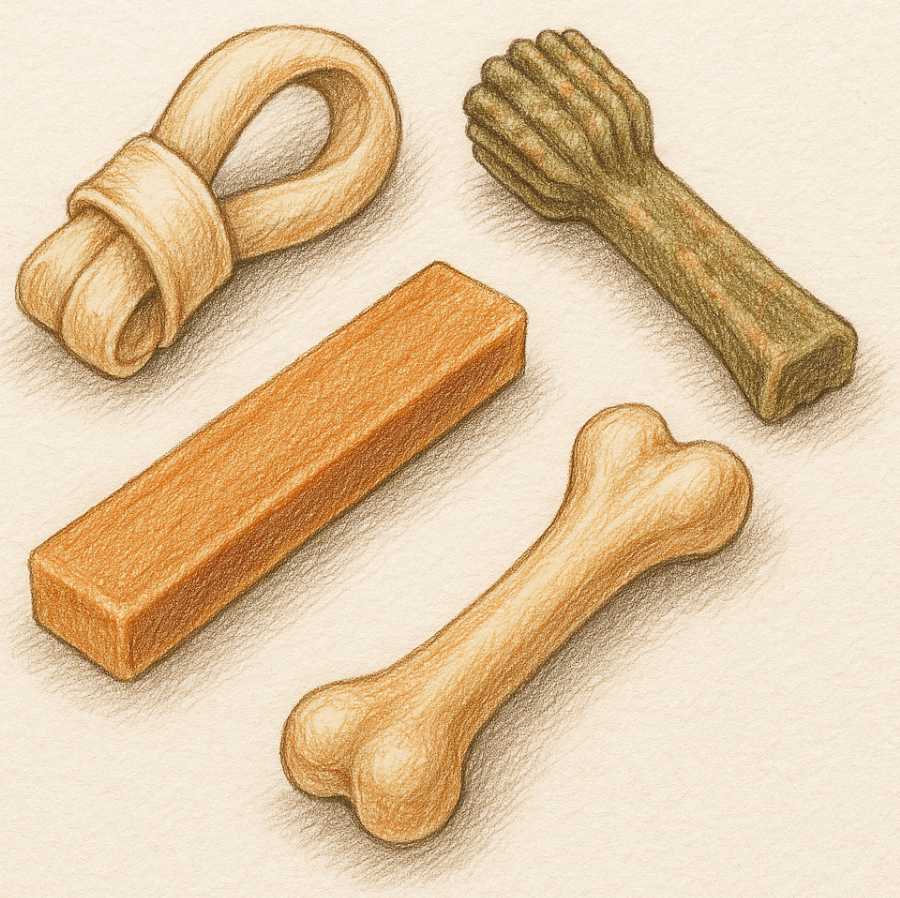
Healthiest Dog Chews | Key Benefits |
|---|---|
Bully Sticks | High in protein, fully digestible |
Dehydrated Sweet Potato Chews | Rich in fiber, gentle on digestion |
Antlers | Long-lasting, no splintering risk |
Dental Chews | Reduces plaque and tartar buildup |
Freeze-Dried Chicken Feet | Supports joint health, soft texture |
How to Choose the Right Chew for Your Dog
Selecting the perfect chew for your dog involves more than just picking the first option you see. Consider these factors to ensure you make the best choice for your pup’s needs.
Size Matters:
Always choose a chew that matches your dog’s size—too small, and it could become a choking hazard; too large, and it might be difficult to chew.Durability:
Aggressive chewers need tougher chews like antlers or bully sticks, while softer options work better for smaller or older dogs.Dietary Restrictions:
If your dog has allergies or sensitivities, look for chews made from hypoallergenic or limited-ingredient materials.Safety Features:
Avoid chews that splinter easily or contain artificial additives, as these can harm your dog’s health.Purpose of the Chew:
Decide whether you’re looking for dental support, joint health, or simply a fun snack to guide your selection.
Taking these factors into account ensures your dog gets a chew that’s both enjoyable and beneficial.
Signs Your Dog Needs a New Type of Chew
Not all chews will suit your dog perfectly, and sometimes it’s necessary to switch things up. Watch for these signs that indicate a change might be needed.
Choking or Gagging:
If your dog struggles to chew or frequently gags, the current chew may be too hard or poorly sized.Upset Stomach:
Vomiting or diarrhea after consuming a chew suggests it doesn’t agree with your dog’s digestive system.Lack of Interest:
If your dog ignores a particular chew, it may not appeal to their taste or texture preferences.Broken Teeth or Jaw Strain:
Hard chews can damage teeth or cause discomfort, especially in senior dogs or those with dental issues.Weight Gain or Overeating:
High-calorie chews can lead to weight gain if given too frequently, so monitor portion sizes and frequency.
Recognizing these signs helps you adjust your choices to better suit your dog’s needs.
Common Mistakes to Avoid When Giving Dog Chews
While dog chews can be incredibly beneficial, certain mistakes can compromise their safety and effectiveness. Here’s what to avoid to keep your dog safe.
Overfeeding Chews:
Giving too many chews can lead to excessive calorie intake and weight gain, especially with high-fat options like bully sticks.Ignoring Size Recommendations:
Feeding a small dog a large chew (or vice versa) increases the risk of choking or difficulty chewing.Leaving Dogs Unsupervised:
Even safe chews can pose risks if your dog bites off large pieces or attempts to swallow them whole.Choosing Low-Quality Ingredients:
Avoid chews made with artificial additives, preservatives, or low-quality fillers that can harm your dog’s health.Neglecting Dental Checkups:
Regular vet visits ensure your dog’s teeth and gums remain healthy, even with regular chew use.
Avoiding these pitfalls ensures your dog enjoys their chews safely and responsibly.
Homemade Alternatives to Store-Bought Chews
If you prefer a DIY approach, there are plenty of homemade options that mimic the benefits of store-bought chews.
Frozen Carrots:
A frozen carrot is a crunchy, low-calorie treat that helps clean teeth and satisfies chewing urges.Dehydrated Apple Slices:
Apples are rich in fiber and vitamins, making them a healthy, chewy alternative for dogs.Peanut Butter-Stuffed Kongs:
Stuffing a Kong toy with peanut butter and freezing it creates a long-lasting, mentally stimulating chew.Baked Sweet Potato Chews:
Thinly sliced and baked sweet potatoes make a nutritious, chewy snack for dogs.Beef Jerky Treats:
Homemade jerky using lean cuts of meat provides a protein-packed, preservative-free chew.
These homemade options allow you to control ingredients and tailor treats to your dog’s preferences.
Understanding Your Dog’s Chewing Behavior
Every dog has unique chewing habits, and understanding these behaviors can help you choose the best chews for them.
Teething Puppies:
Young puppies chew to relieve teething pain, so soft, edible chews are ideal during this stage.Aggressive Chewers:
Dogs who chew aggressively need durable chews like antlers or nylon bones to prevent quick destruction.Senior Dogs:
Older dogs may benefit from softer chews that don’t strain their teeth or jaws, like freeze-dried treats.Anxious Chewers:
Dogs with anxiety often chew to self-soothe, so long-lasting chews can provide comfort and distraction.Dietary Preferences:
Some dogs are picky eaters, so experimenting with flavors and textures can help find a chew they love.
By observing your dog’s behavior, you can select chews that cater to their individual needs and personality.
Frequently Asked Questions About Dog Chews
Are rawhide chews safe for dogs?
Rawhide chews can pose choking and digestive risks, so it’s better to opt for safer alternatives like bully sticks or dental chews.
How often should I give my dog a chew?
Most dogs can enjoy a chew 2-3 times per week, but this depends on their size, activity level, and dietary needs.
Can puppies have chews?
Yes, but choose soft, puppy-safe options to avoid damaging their developing teeth and jaws.
What should I do if my dog swallows a large piece of a chew?
Contact your veterinarian immediately to assess any potential risks or blockages.
Are antlers safe for aggressive chewers?
Yes, antlers are durable and non-splintering, making them a safe option for strong chewers when appropriately sized.
Investing in Your Dog’s Happiness and Health
Choosing the healthiest dog chews is an important step in ensuring your furry friend stays happy, entertained, and nourished. By understanding your dog’s unique needs and preferences, you can select chews that provide both enjoyment and nutritional benefits. Whether you’re looking for dental support, joint health, or simply a fun snack, the right chew can make all the difference. Remember, your dog relies on you to make safe and healthy choices for them—so always prioritize quality over convenience. With the right chew in hand, you’ll be rewarded with wagging tails and endless cuddles!
Rimadyl for Dogs: Best 7 Expert Tips! Discover expert advice on using Rimadyl safely, managing pain, and improving your dog’s mobility with trusted veterinary insights.
Can Dogs Have Tylenol for Pain? Best 7 Expert Tips! Discover the risks, safe alternatives, and expert advice on managing your dog’s pain effectively while avoiding harmful medications.
Understanding Hemophilia in Dogs: Best 7 Expert Tips! Discover expert advice on managing hemophilia, recognizing symptoms, and ensuring your dog’s well-being with practical care strategies.
Understanding Dog Sensitive Skin: Best 7 Expert Tips! Discover expert advice on managing dog sensitive skin, relieving irritation, and improving your pup’s comfort with practical solutions.

